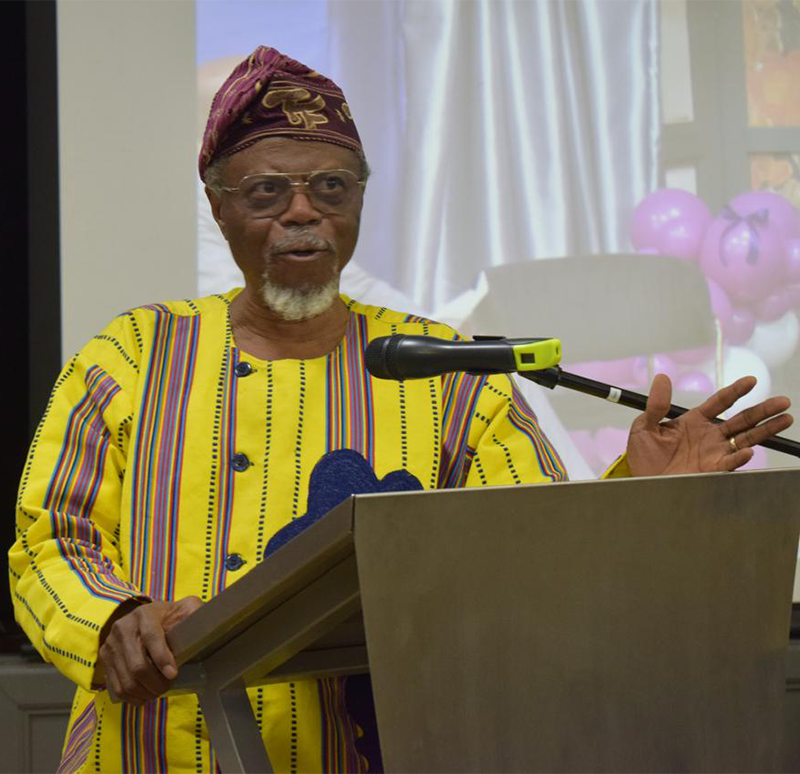While science and technology are important, these disciplines should not eclipse the need for moral reasoning, history and cultural understanding, said renowned scholar Prof Toyin Falola in a public lecture at the North-West University’s (NWU’s) Mahikeng Campus on 8 May 2025.
Emphasising the critical role of humanities education in shaping Africa's future, his lecture, titled “Humanities education for Africa's futures”, explored the growing marginalisation of humanities disciplines in favour of technology and science.
“The humanities are not just academic fields; they are the soul of our societies,” he said. “When we ignore them, we risk losing our collective memory and ethical foundations.”
Prof Falola pointed to the legacy of colonial education models that prioritised Western thought over African perspectives. “We must move beyond the dominance of European theories in our curricula. Our students should learn about African epistemologies alongside global theories to appreciate their own histories and values.”
Calling for a reimagining of humanities education that incorporates indigenous knowledge systems and oral traditions, he suggested that African universities should prioritise storytelling, philosophy and history rooted in African experiences. “It is not just about reclaiming our past; it is about equipping our future generations with the tools to think critically and ethically.”
Prof Falola argued that the skills gained from studying history, literature and philosophy are crucial for leadership, civic engagement and the cultural industries. “The creative sector is growing, and our stories, if told well, can shape global narratives.”
He urged African institutions to embrace a balanced educational approach. 'We cannot build sustainable societies on technology alone. We need thinkers, storytellers and moral philosophers to guide us,” Prof Falola concluded.

Renowned scholar Prof Toyin Falola delivered a public lecture at the NWU’s Mahikeng Campus.
